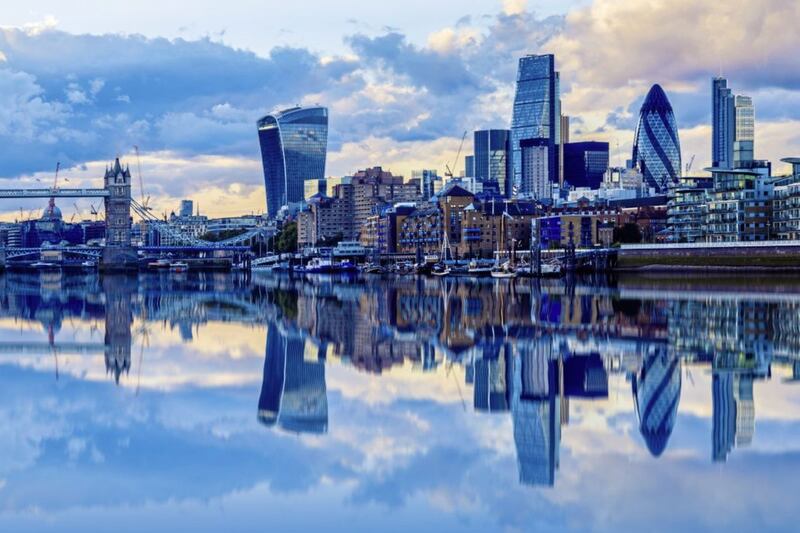December’s credit card bill will have arrived and soaked up much of January’s wages. It’s often the story.
I’m currently in India, and it has been fascinating to see where cash is often preferred and used, but governmentally there is a push toward using digital payments.
There should be a connection between knowing what is in your wallet and how close to empty it is. I remember well as an 18-year-old shaking my trousers with dread the morning after a night out. It simply meant I was staying in for three weeks.
That is sadly moving further away, and the consequence can be a run up of debt, loans or stubborn credit cards, the latter of which being the most painful, both financially and psychologically.
Today the average credit card costs nearly two per cent per month. In four years, you would have paid for the cost of the item again in interest.
That’s extortionate. Let’s look at the best speedy solutions.
Firstly, apply the discipline to slow, or stop unnecessary purchasing. That’s hard, because in stressful times, purchases provide a short-term, dopamine feel good, but do it.
Then, take action. Credit card companies must approach your situation properly. Those looking at your situation have lots of files to look at, so just make it easy for them by contacting them so they get it off their desk. If you haven’t read the book ‘Eat That Frog’, do it.
Look for a credit card with zero interest and a free transfer for the longest time available, for example, 21 months is the longest I could find. During that time, you are saving over 41 per cent in interest. If you are paying that down as you go, the interest will be falling as the capital debt falls (23.57 per cent in year one alone), so it’s pretty easy for 50 per cent of the debt would have been eroded just by saving the annual credit card costs over the 21 months.
23.57 per cent is the average, and other cards are a bit beefier, with store credit cards charging more than 33 per cent. No purchase is worth that.
If you have other debts and loans, and need to drop the monthly payments and interest, you can borrow against your home as an addition to a mortgage (further advance) or a secured loan.
By dropping the rate, once again you have more money to spare per month so you have to discipline yourself to use that to make overpayments where possible.
Contrary to some beliefs, secured loans are not as expensive as people think. The best rate for a loan is currently 6.59 per cent and the typical rate on a clean credit is around 7.5 per cent.
The lowest variable rate on a mortgage is 6.2 per cent, not that different to a secured loan but there is a two-year tracker at 5.39 per cent, a two-year fixed at 4.27 per cent and a five-year fixed at 3.94 per cent.
All of those are significantly lower than the store purchase of 33 per cent, but the loan is now secured against your property. With an unsecured loan there is no immediate risk of losing your property. However, if, you keep missing payments and eventually have to declare yourself bankrupt, that could mean the loss of your home.

The key is to make the overpayments you save on the interest where possible, and not allow the lower interest figure to lure you into having stubborn debt.
The decision is about your autonomy and control. Do you do debt, or does debt do you?
With a secured loan, don’t be lured by the marketing headline of the rate and miss some of their absolutely crazy up-front fees (around 8-10 per cent which can be added to the loan, but that’s just increasing your debt).
- Peter McGahan is chief executive of independent financial adviser Worldwide Financial Planning, which is authorised and regulated by the Financial Conduct Authority. If you would like to know about loan or rate availability, contact Pat Greene on pgreene@wwfp.net or 028 6863 2692.








